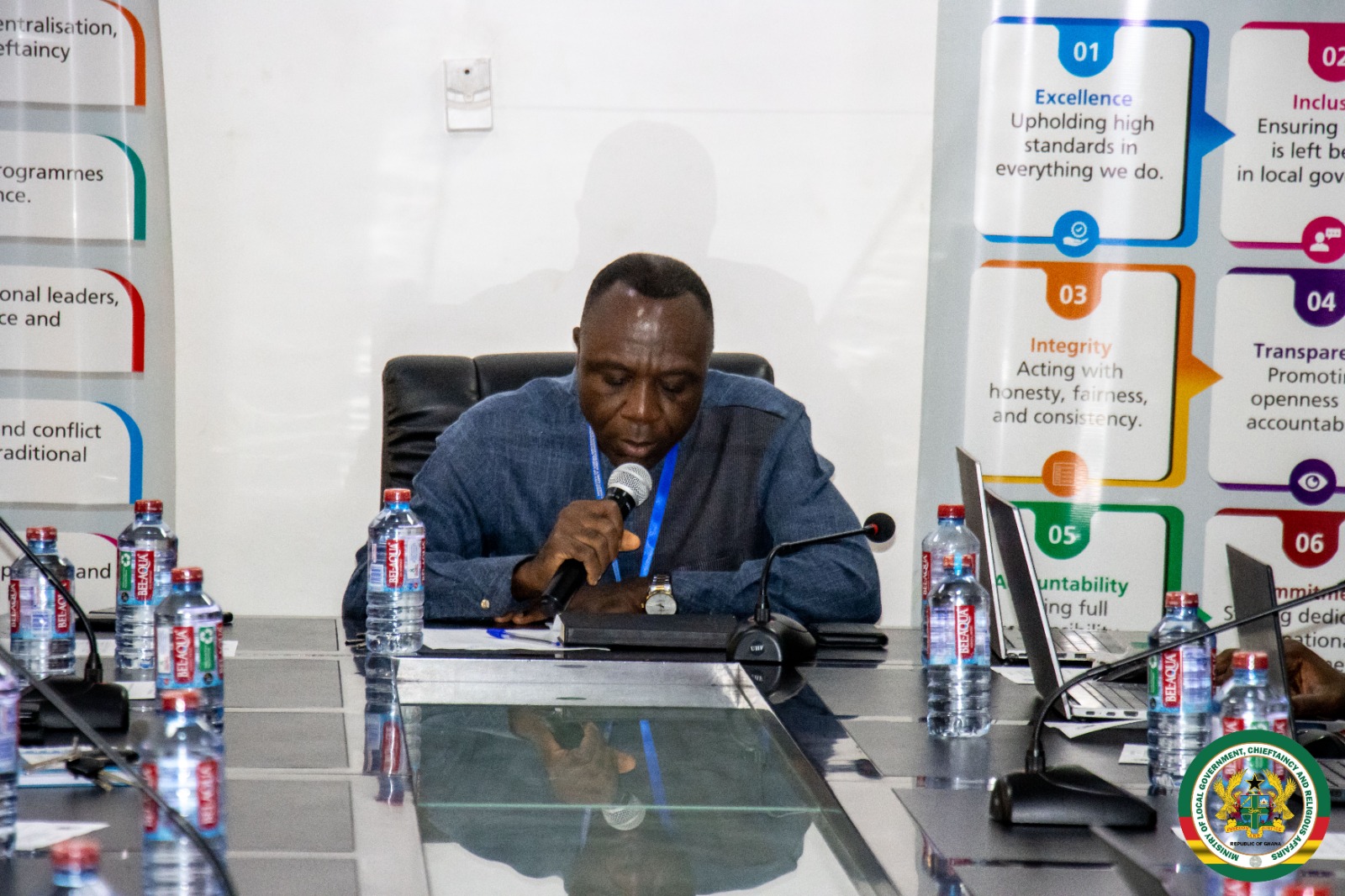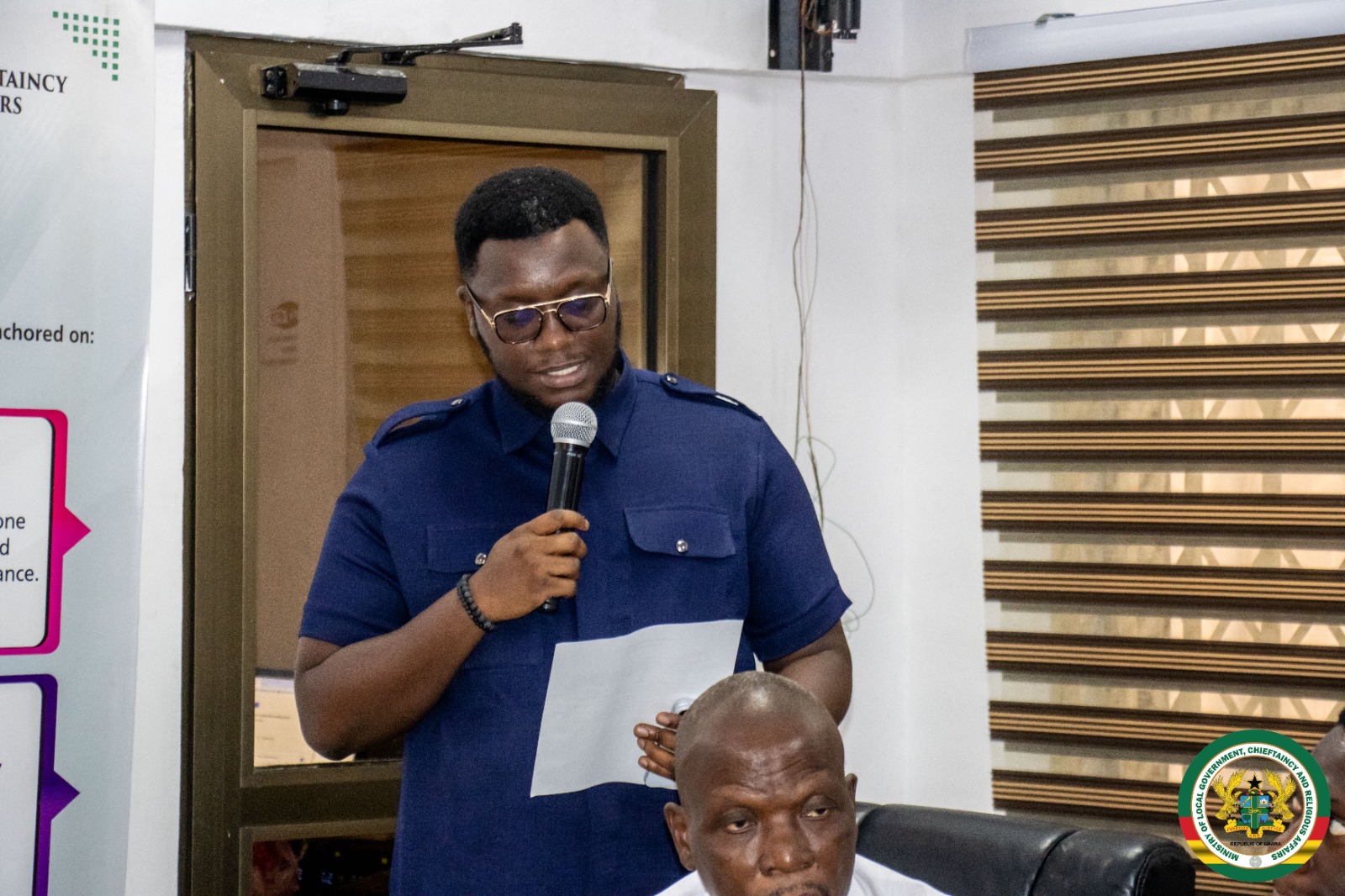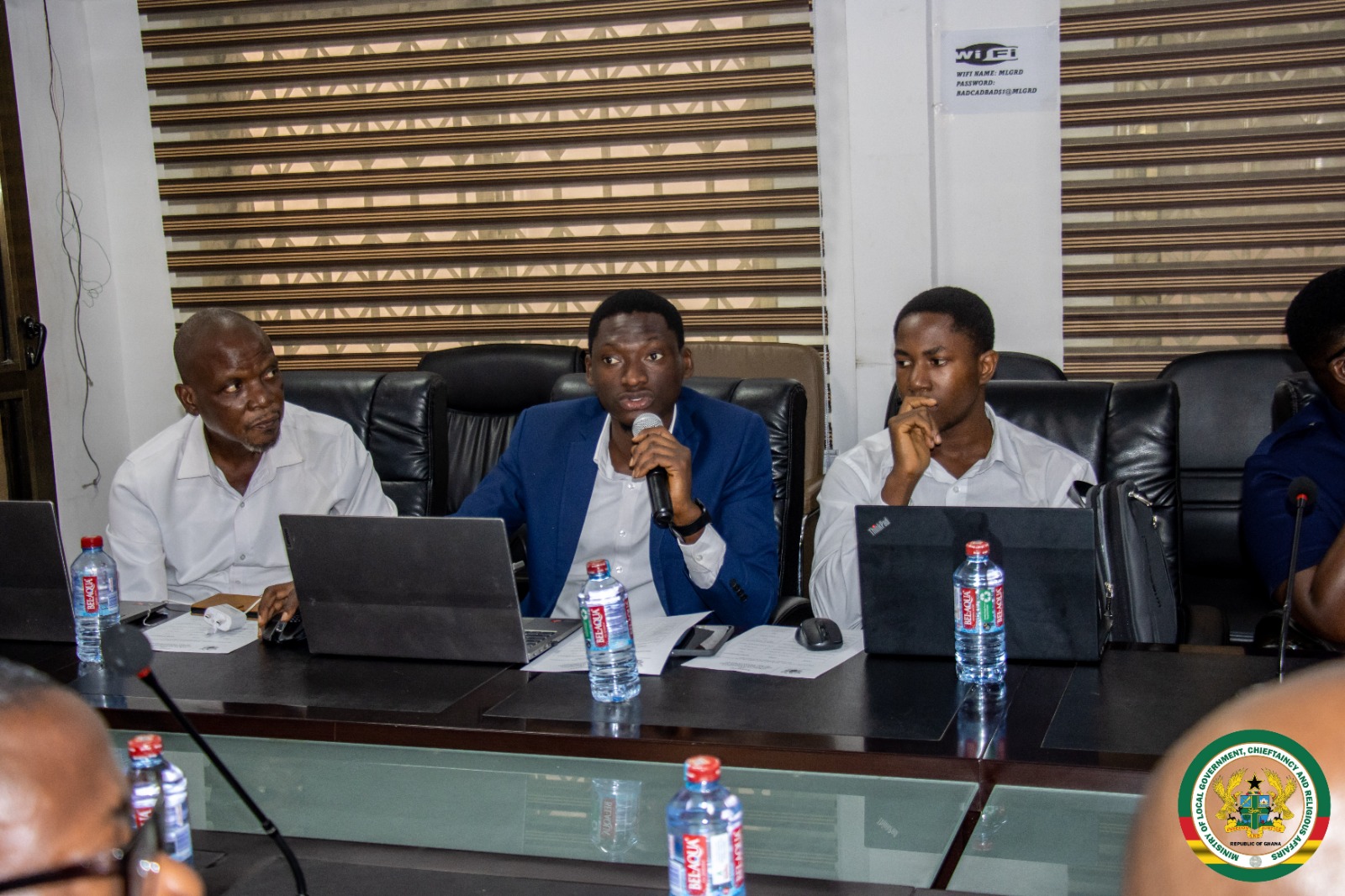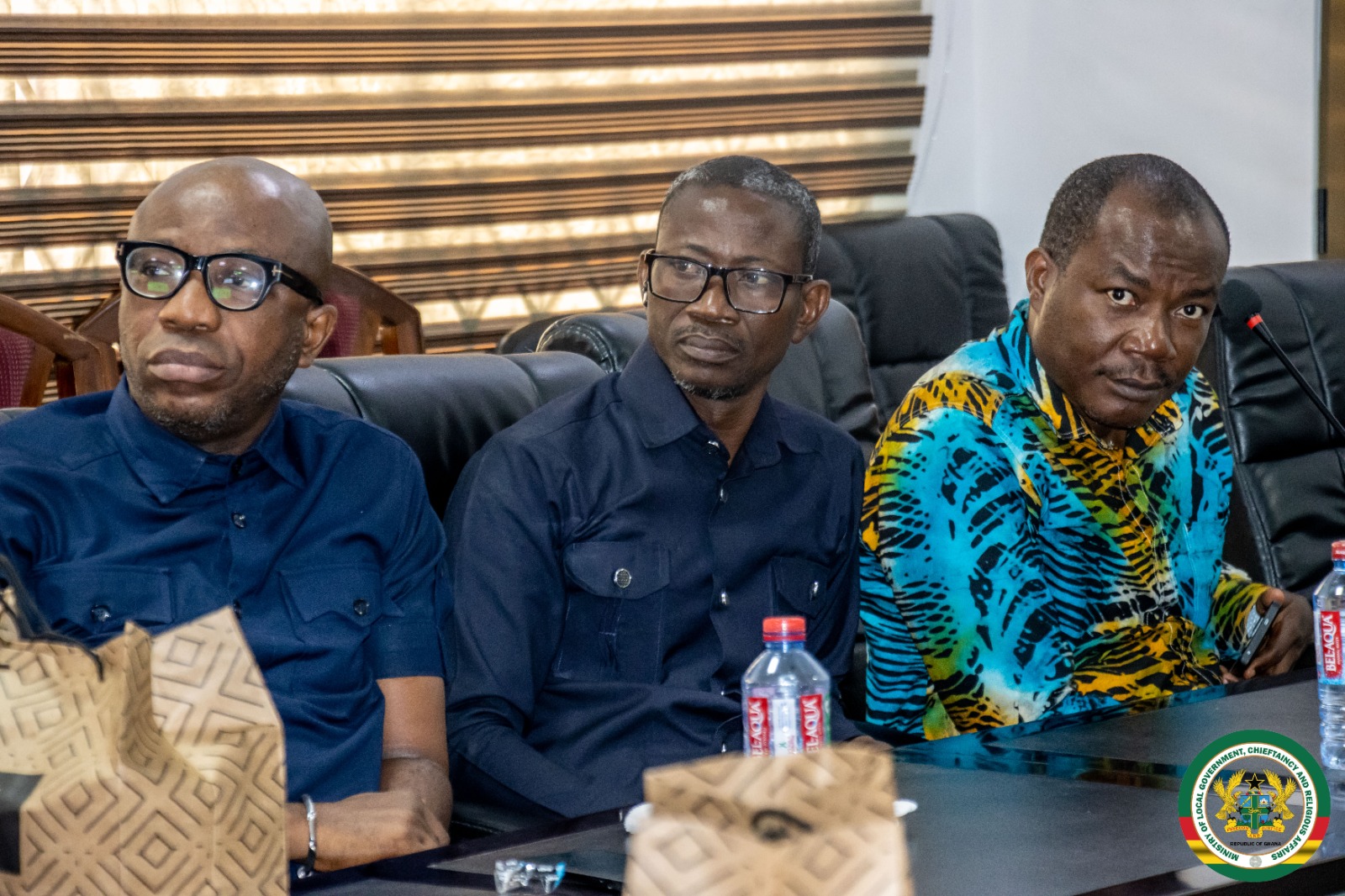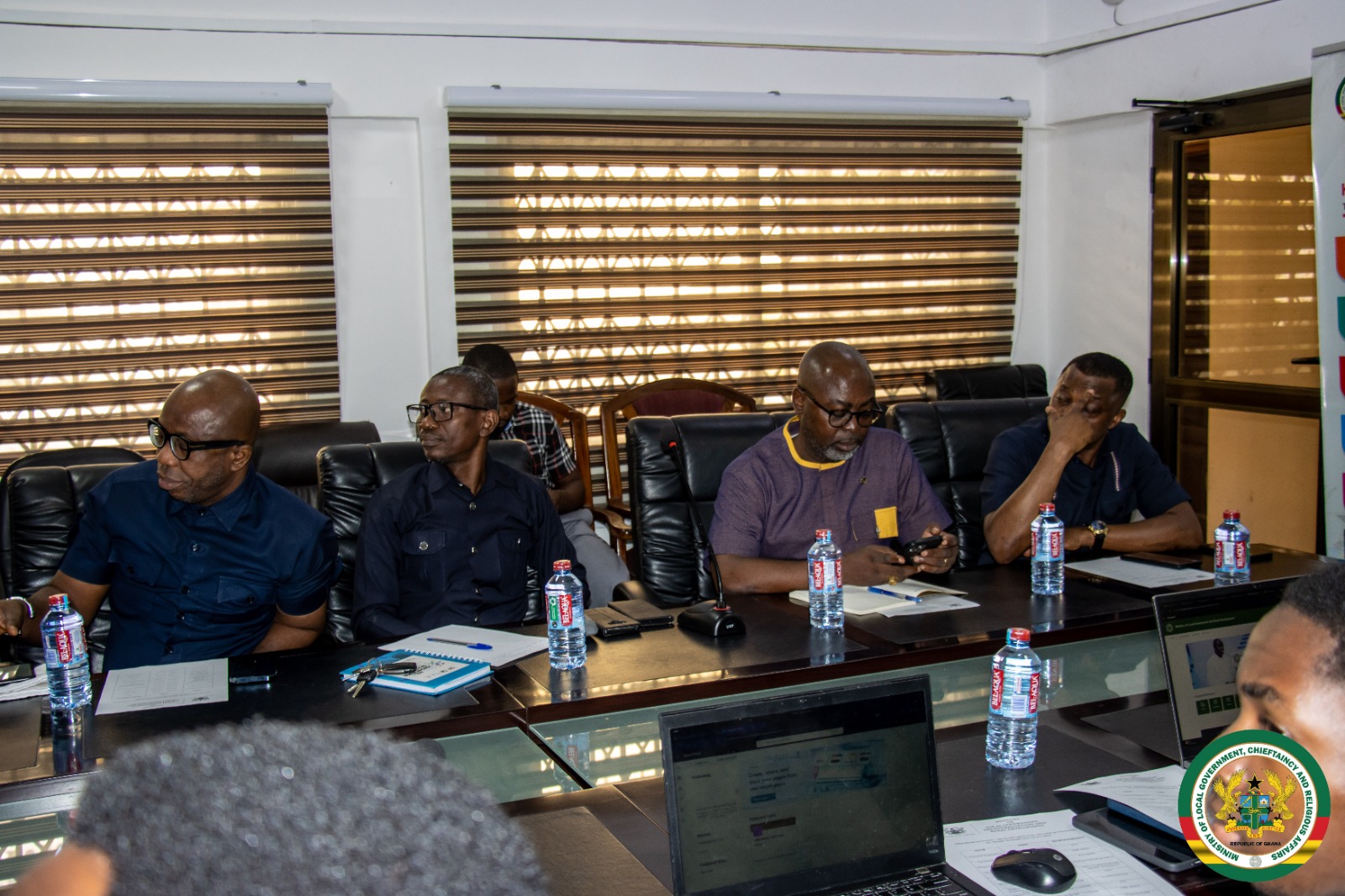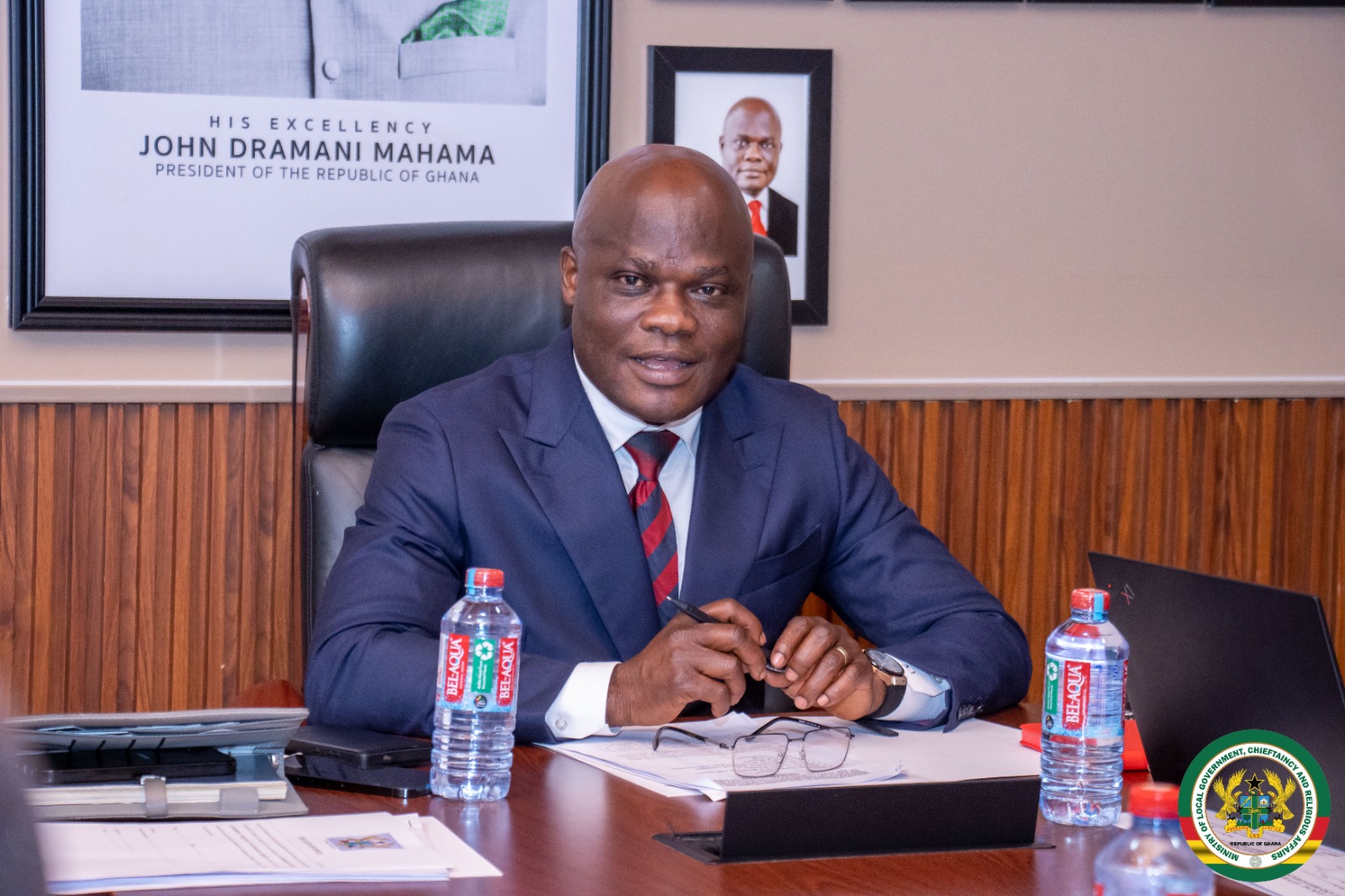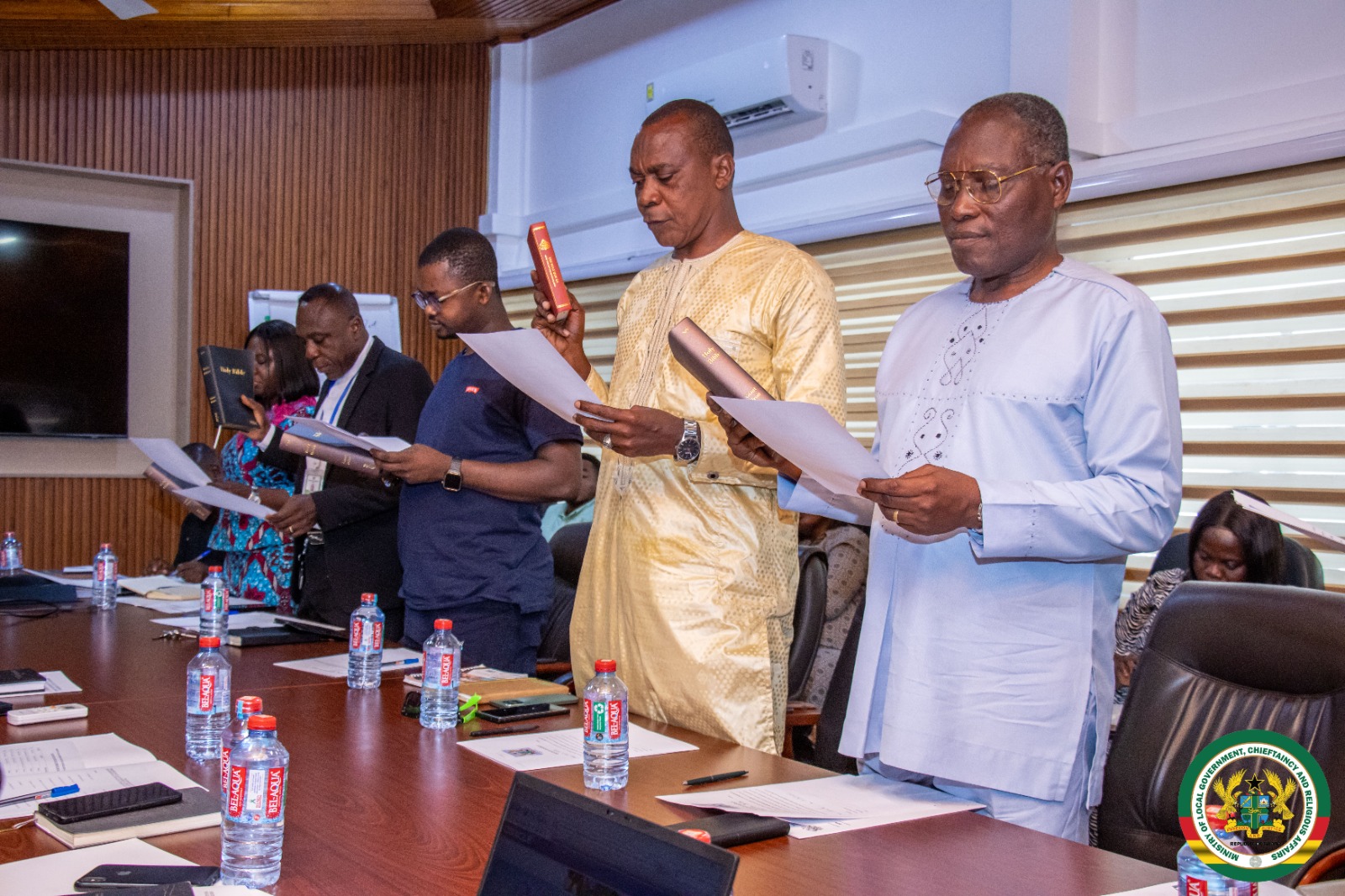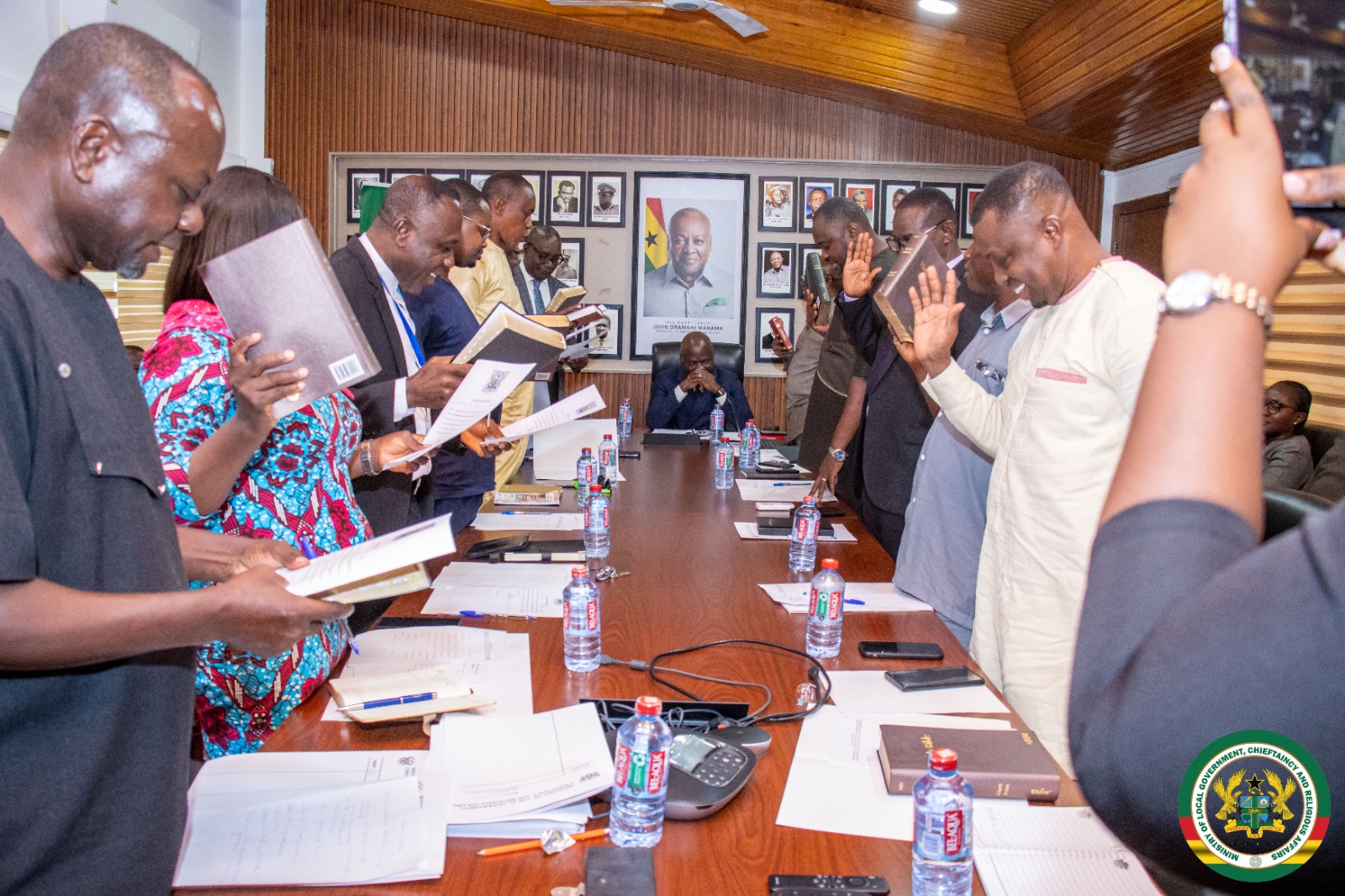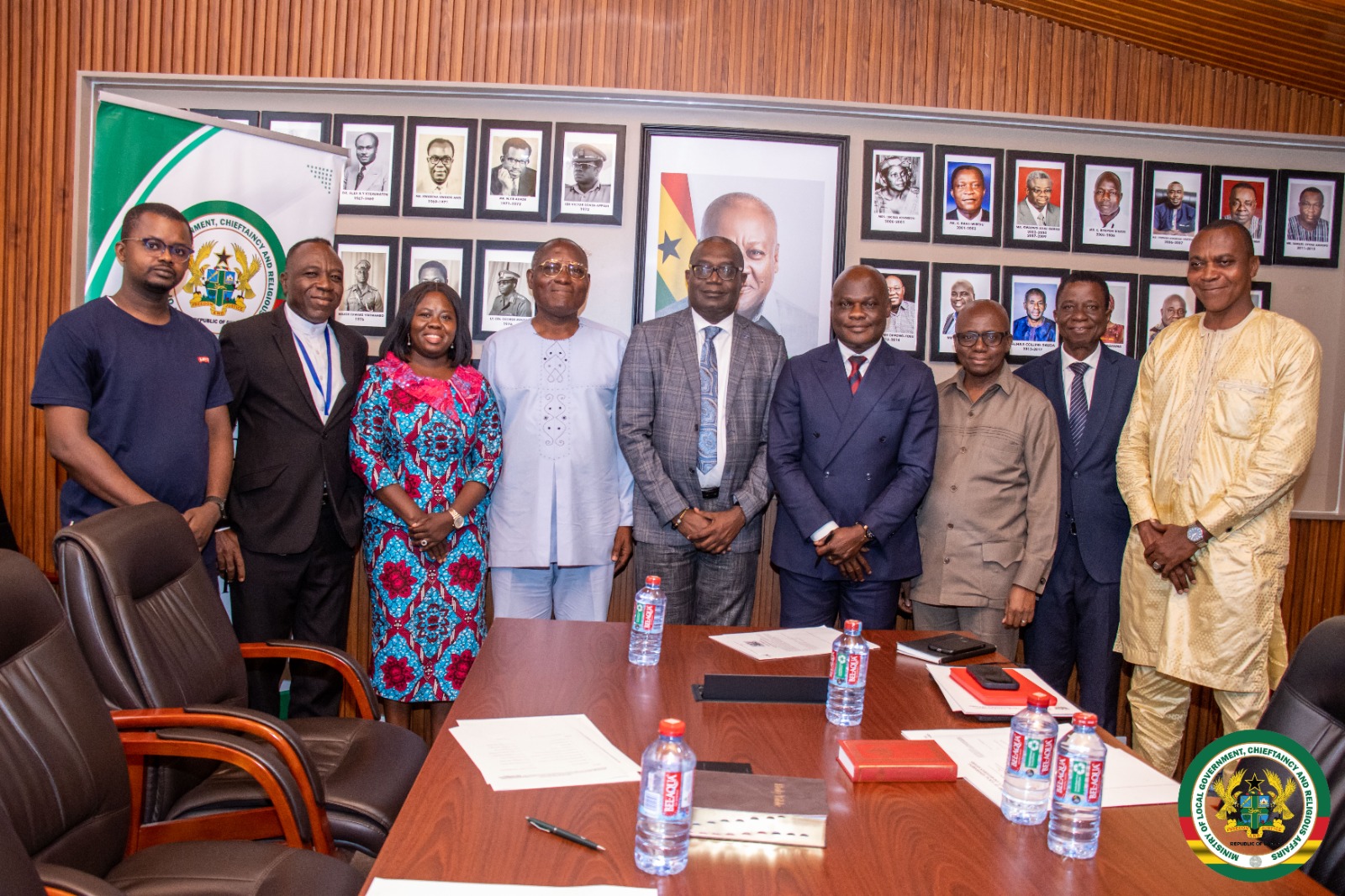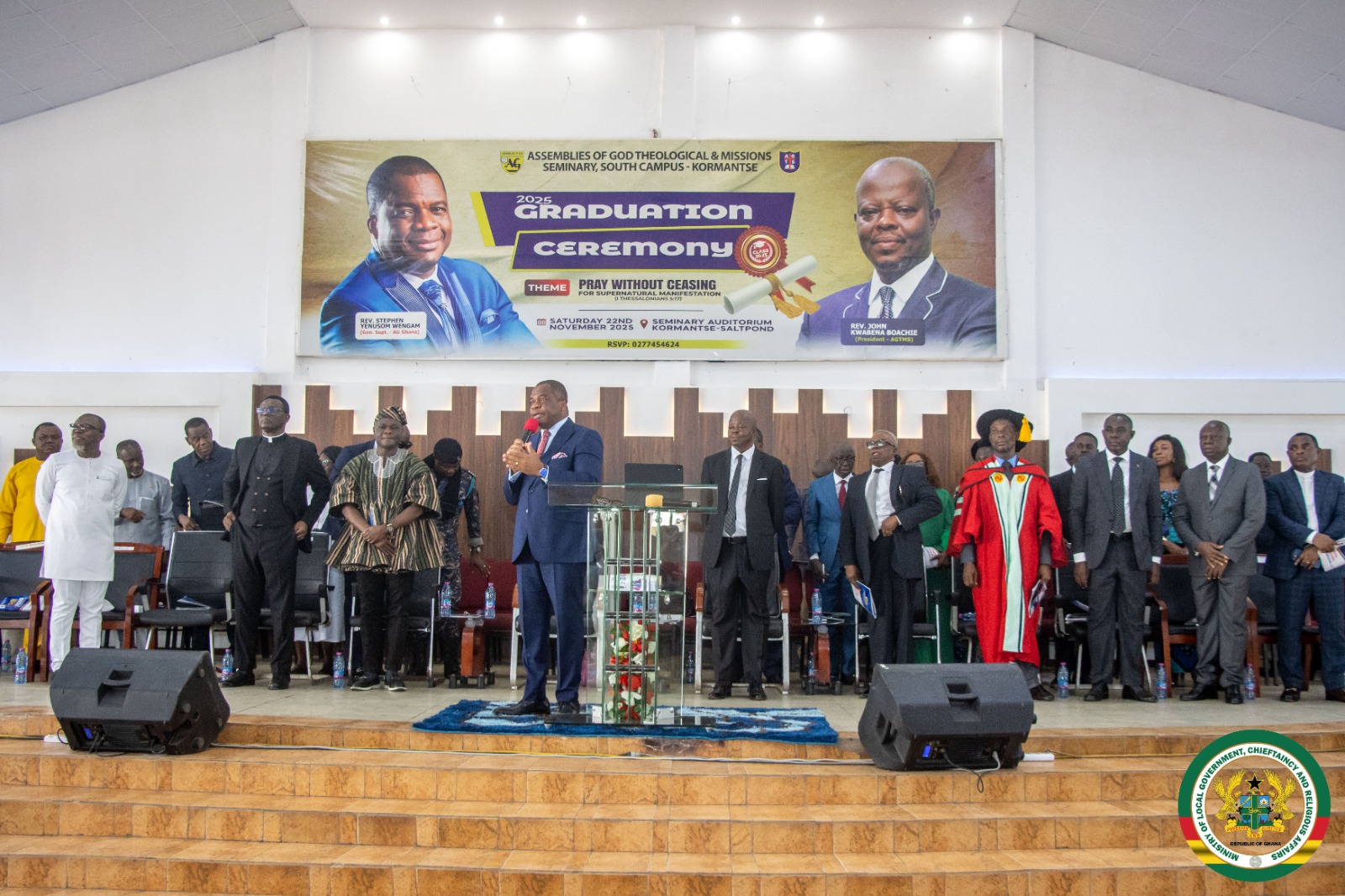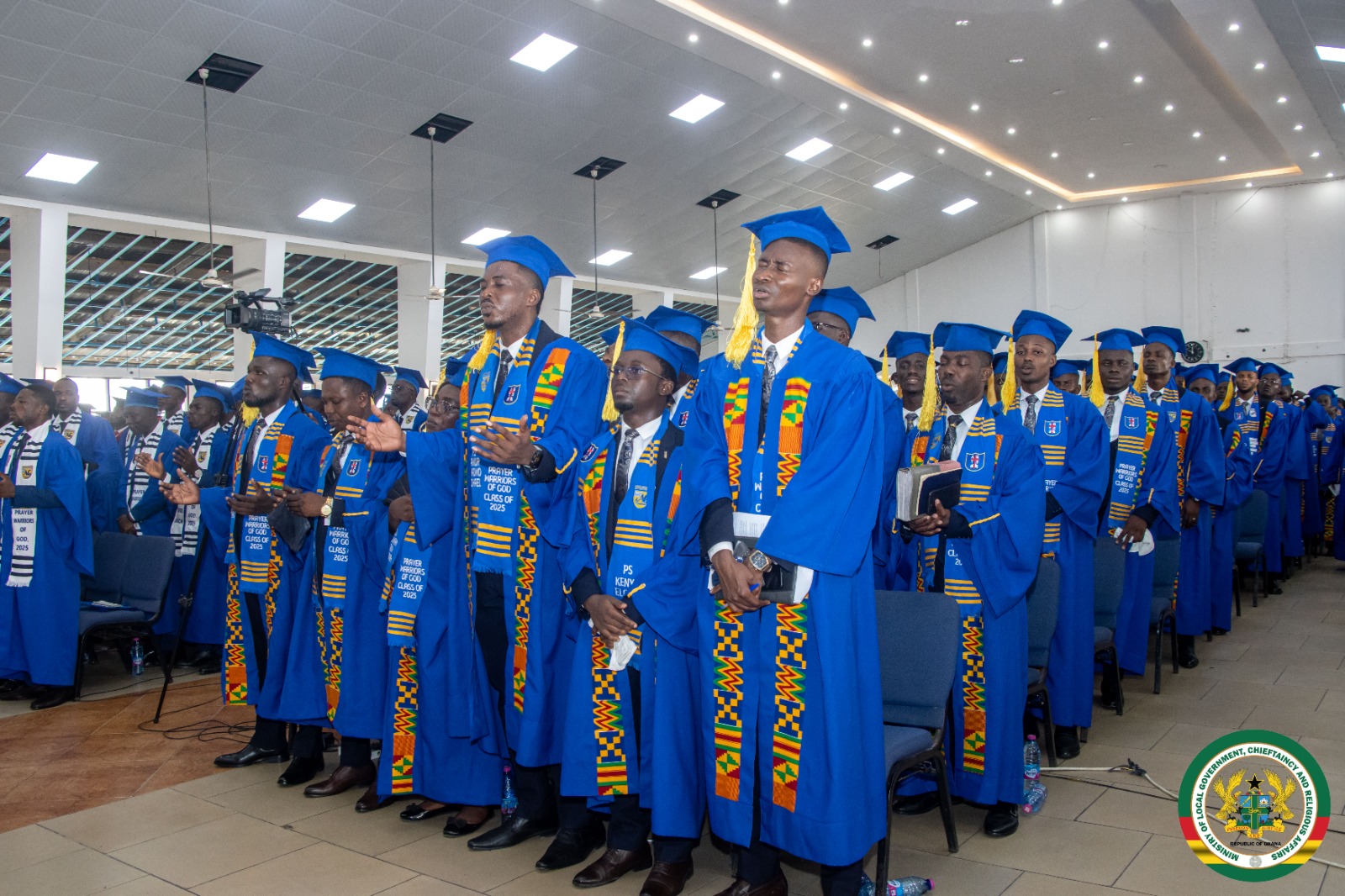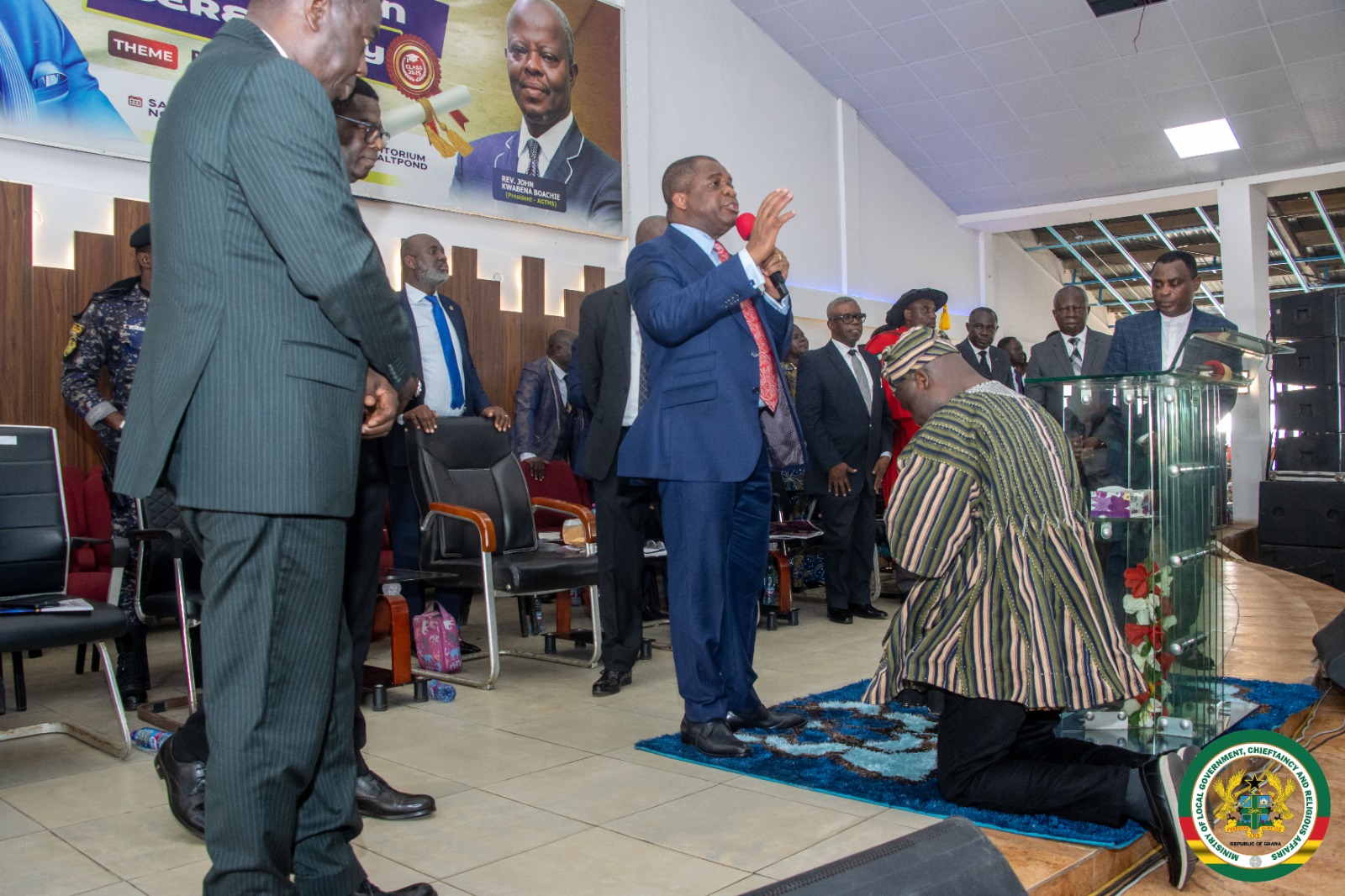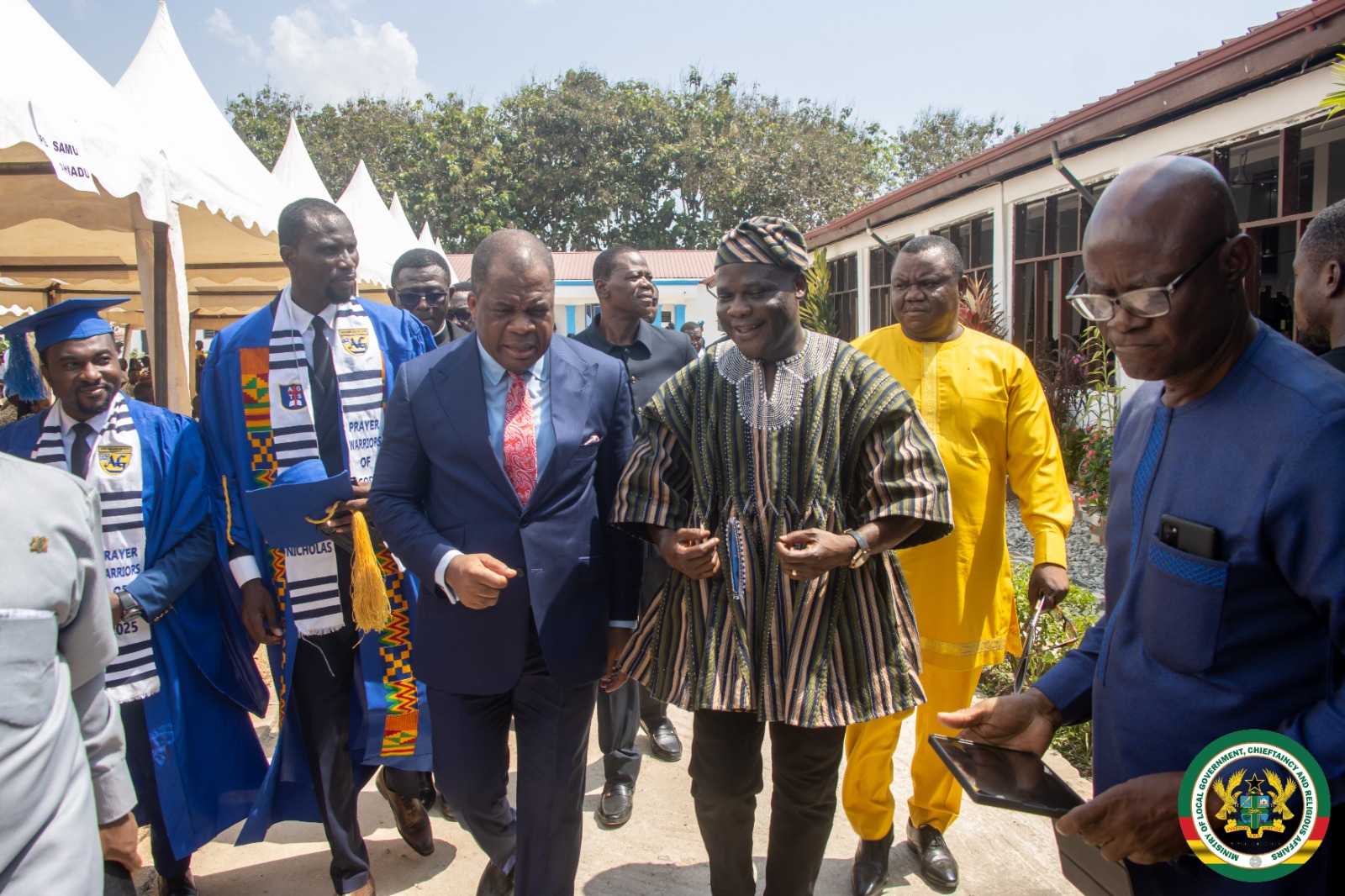The Ministry of Local Government, Chieftaincy and Religious Affairs (MLGCRA), through its Research, Statistics and Information Management (RSIM) Directorate, has taken a significant step toward deepening digital transformation within the Ministry as it engaged key stakeholders in a comprehensive review and training session on the Smart Workplace platform.
The engagement brought together Directors, Project Coordinators and technical officers to enhance their understanding of the platform’s features and how to apply them effectively for improved productivity across the civil service.
The Smart workplace is a Digital Public Infrastructure (DPI) initiative that provides a virtual office platform for government employees. It is a suite of office productivity tools designed to promote collaboration among employees across Ministries, Departments and Agencies.
Welcoming participants, the Director in charge of RSIM, Mr. Divine Ayejoh, underscored the Ministry’s commitment to embracing technology as a driver of modern governance. He noted that digitization has become indispensable in an era where technology sits at the center of national development.
Mr. Ayejoh expressed confidence that the training would enable participants to fully acquaint themselves with the platform, ensuring a smooth transition when the Smart Workplace becomes fully operational within the Ministry.
Technical experts from E-Solutions and the National Information Technology Agency (NITA) facilitated the session, providing an insightful overview of the system. They emphasized that Ghana’s ongoing shift toward a paperless environment calls for digital tools that simplify workflow processes and enhance service delivery.
According to the facilitators, the Smart Workplace platform is designed to be user-friendly, efficient and secure. They highlighted its seamless interface and strong encryption features, developed in line with civil service standards regarding the handling of classified information and document accessibility.
Source: Chantal Aidoo
Public Relations Unit, MLGCRA
The Minister for Local Government, Chieftaincy and Religious Affairs, Hon. Ahmed Ibrahim, has issued a firm charge to the Ministry’s newly inaugurated Audit Committee, calling for a renewed push to eliminate audit infractions, strengthen internal controls, and ensure strict adherence to public financial management laws. He made the call on Tuesday, 2nd December 2025, during the inauguration ceremony held at the Ministry’s Executive Conference Room.
Hon. Ahmed Ibrahim emphasized that the Ministry’s financial governance will be assessed by how effectively the Committee enforces audit recommendations and drives compliance with national laws, including the Ghana Audit Service Act (Act 584), the Internal Audit Agency Act (Act 658), and the Public Financial Management Act (Act 921). He reminded the members that their role is not ceremonial but a statutory requirement central to maintaining public trust.
The Audit Committee will be chaired by Mr. Nathan Yankey from the Internal Audit Agency, supported by Mr. Abdul Jaleel Umaru (TBI), also from the Internal Audit Agency, and Ms. Beatrice Omari Panyin, another representative of the IAA. They are joined by Mr. Owusu S. Mensah (Esq.) from the Institute of Internal Auditors Ghana, bringing additional professional oversight to the Committee’s work.
In addition to the core members, senior officials of the Ministry have been co-opted to strengthen the Committee’s operational grounding. These include Mr. Amin Abdul Rahaman, Chief Director; Ms. Delu Konuoua, Director-General; Mr. Eric Bannoryele, Financial Controller; and Mr. Emmanuel Anku, Head of the Ministry’s Internal Audit Unit. Mr. Newroad Aplagah, an Assistant Director, will serve as Secretary to the Committee.
The Minister urged the Committee to maintain independence of judgment, professionalism, and diligence, stressing that their work directly influences the Ministry’s credibility before Parliament, development partners, civil society, and the Ghanaian public. He also encouraged Directors and staff of the Ministry to embrace the Committee as “partners in strengthening institutional performance rather than auditors to be avoided.”
Hon. Ahmed Ibrahim assured the Committee of the Ministry’s full support throughout their two-year tenure, committing to provide the resources and information required for effective oversight.
Source: Darling Maame Efua Cann
MLGCRA PR Unit
Ghana’s progress will stall without a revival of prayer, discipline and moral responsibility, a call made by the Minister for Local Government, Chieftaincy and Religious Affairs during the induction ceremony of newly ordained Assemblies of God ministers in Saltpond. He stressed that prayer remains the nation’s most reliable foundation as it pursues unity, values and sustainable development.
The Minister said the theme “Prayer Warriors of God” was timely, noting that the country faces rising moral decadence, declining respect for authority and the spread of negative social influences. He reminded the church that it holds a critical mandate in shaping conscience, restoring discipline and nurturing integrity across communities.
He linked his appeal to the message delivered by the General Superintendent of the Assemblies of God Church, Rev. Stephen Wengam, who had emphasised that Ghana’s development journey will only be meaningful when supported by prayer. The Minister urged the new ministers to anchor their ministry in prayer, describing it as the key that will lift the nation and sustain every effort toward renewal.
He also highlighted the importance of preserving Ghana’s religious harmony, calling on Christians, Muslims, practitioners of Traditional Religion and other faith groups to deepen dialogue and unity. According to him, religious coexistence remains one of Ghana’s greatest national strengths and must be protected.
Touching on youth development, he urged ministers to instil discipline, compassion, patriotism and respect in children, noting that the nation’s future depends on the values taught today. He further appealed for active church participation in government-led sanitation efforts, including the monthly National Sanitation Day.
Rev. Stephen Wengam commended the Minister for his dedication and selflessness, urging him to continue working towards becoming one of the best-performing Ministers for Local Government, Chieftaincy and Religious Affairs in Ghana’s history. He prayed for the Minister, the President and the nation, asking God to make Ghana’s development path fruitful and impactful.
The Minister congratulated the newly ordained ministers and encouraged them to balance prayer with deliberate action, teaching, mentoring and service, as they lead their congregations.
Source: Darling Maame Efua Cann
MLGCRA PR UNIT

